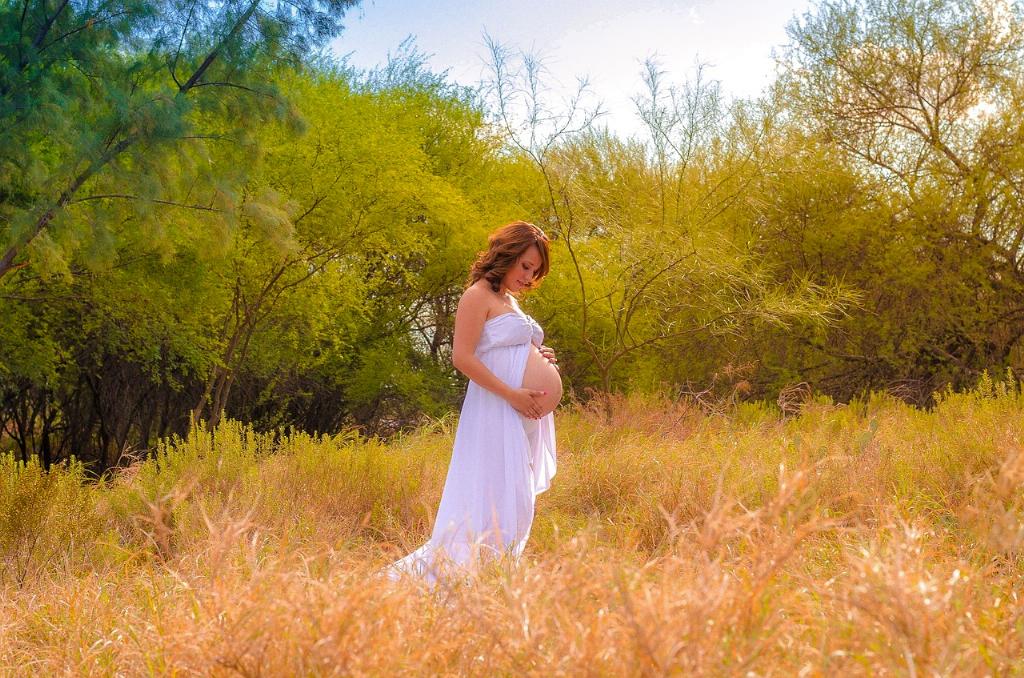When it comes to taking a pregnancy test, especially as early as 10 days after conception, there are several factors to consider. One of the most crucial aspects is the accuracy of the test results, particularly the possibility of receiving a false negative result. Many women wonder if it is possible to get a false negative pregnancy test at 10 days and the factors that may influence the outcome.
How Pregnancy Tests Work
Pregnancy tests work by detecting the hormone hCG (human chorionic gonadotropin) in a woman’s urine or blood. This hormone is produced by the developing placenta shortly after the embryo attaches to the uterine lining. The levels of hCG increase rapidly in the early stages of pregnancy, doubling approximately every 48 to 72 hours.
Timing and Accuracy
While it is possible for some pregnancy tests to detect hCG as early as 10 days after conception, the accuracy of the test results can vary. The timing of when you take the test can significantly impact its reliability. Testing too early, such as before your missed period, increases the likelihood of receiving a false negative result.
Factors Influencing Test Results
Several factors can influence the accuracy of a pregnancy test, including the sensitivity of the test, the time of day it is taken, the concentration of hCG in your urine, and the expiration date of the test. Additionally, individual differences in hormone levels and the timing of implantation can also play a role in the test results.
False Negative Results
A false negative result on a pregnancy test means that the test indicates you are not pregnant when you actually are. This can occur if the levels of hCG in your body are too low to be detected by the test, especially in the early stages of pregnancy. In such cases, waiting a few more days and retesting can provide more accurate results.
Risks of Testing Early
Testing too early, such as at 10 days after conception, carries the risk of receiving a false negative result. This can lead to confusion, anxiety, and uncertainty for women who are trying to conceive or are concerned about a potential pregnancy. Waiting until after your missed period can increase the reliability of the test.
Minimizing False Negative Results
To minimize the risk of getting a false negative result on a pregnancy test, it is recommended to wait until after you have missed your period before testing. This allows for higher levels of hCG to be present in your body, increasing the likelihood of accurate detection. Additionally, following the instructions on the test kit and testing at the right time of day can also help improve accuracy.
Consulting a Healthcare Provider
If you have concerns about the accuracy of a pregnancy test result or are unsure about the next steps to take, it is advisable to consult a healthcare provider. They can provide guidance, perform additional tests if needed, and offer support and information regarding pregnancy planning and testing.
Emotional Impact
Receiving a false negative result on a pregnancy test can have emotional implications for women and their partners. It can lead to disappointment, confusion, and frustration, especially if they were hoping for a positive result. It is important to take care of your emotional well-being and seek support if needed.
Conclusion
In conclusion, while it is possible to get a false negative pregnancy test result at 10 days after conception, the accuracy of the test can be influenced by various factors. Waiting until after your missed period for testing can help minimize the risk of receiving inaccurate results. Consulting a healthcare provider for guidance and support is recommended to address any concerns or uncertainties regarding pregnancy testing.

